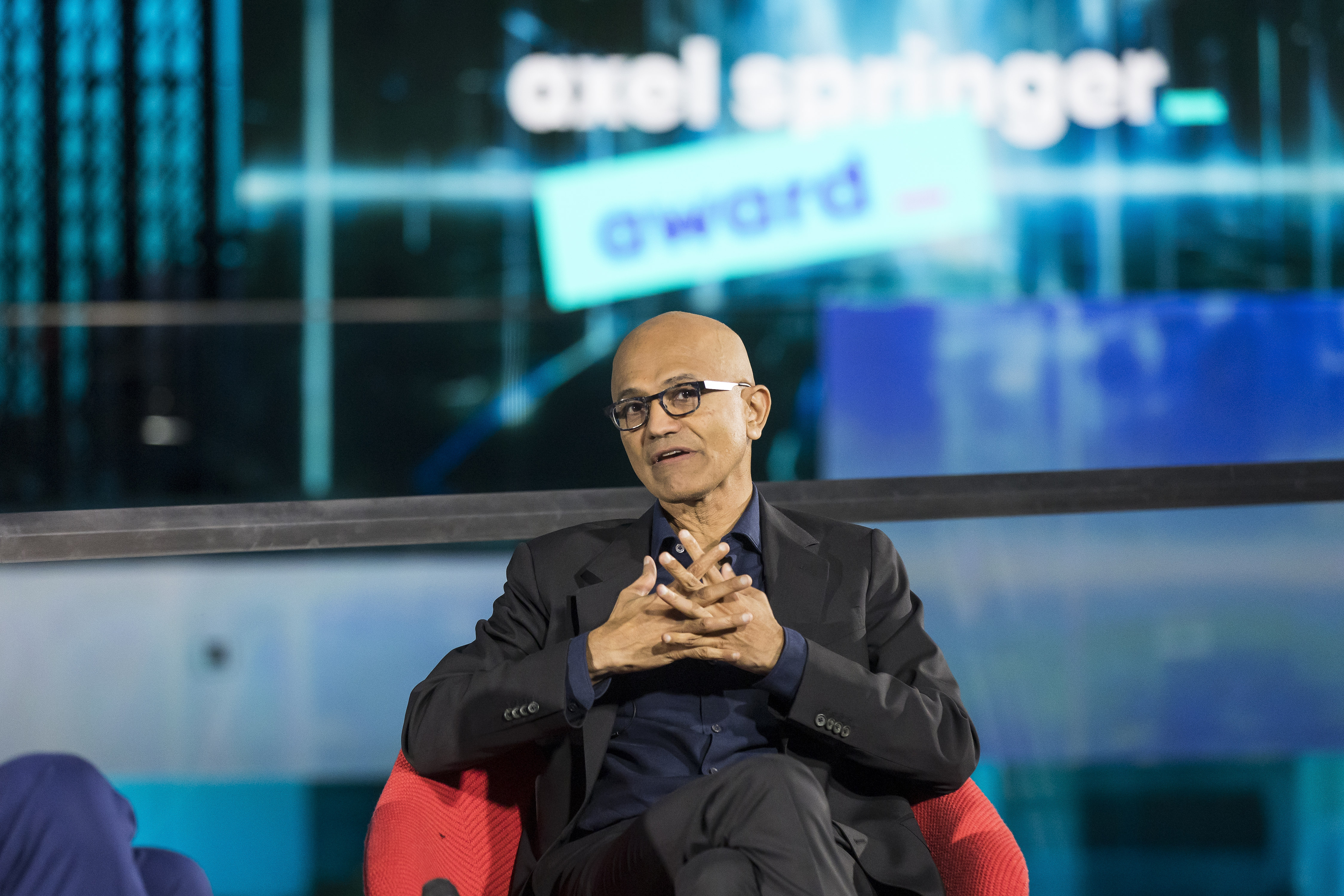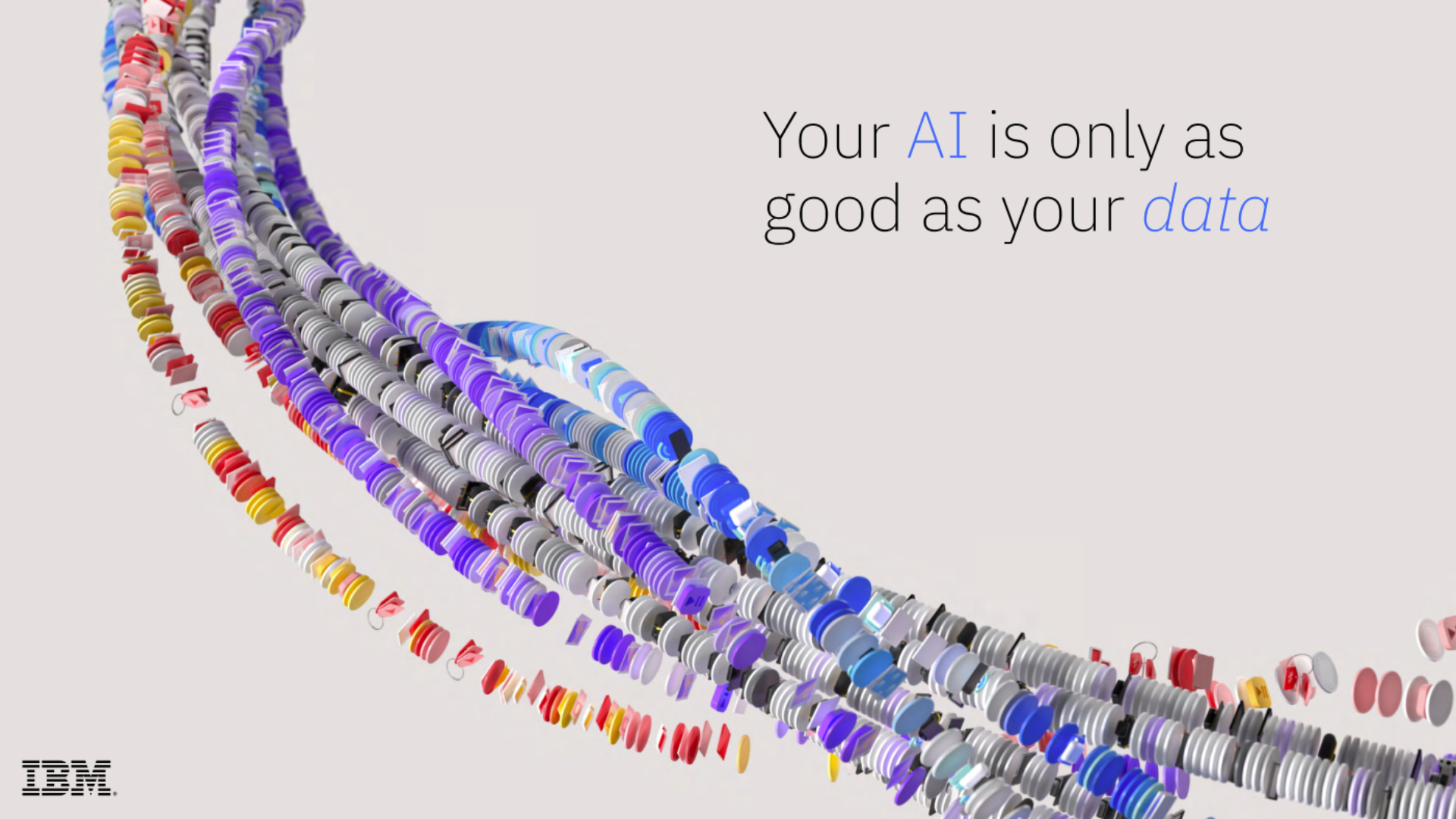Perplexity AI, a startup that just raised $73.6 million from Nvidia and Databricks, wants to take on Google's search engine dominance
Perplexity AI looks to position itself as a challenger to Google in the search industry, but despite rapid growth in 2023 the odds could be stacked against it

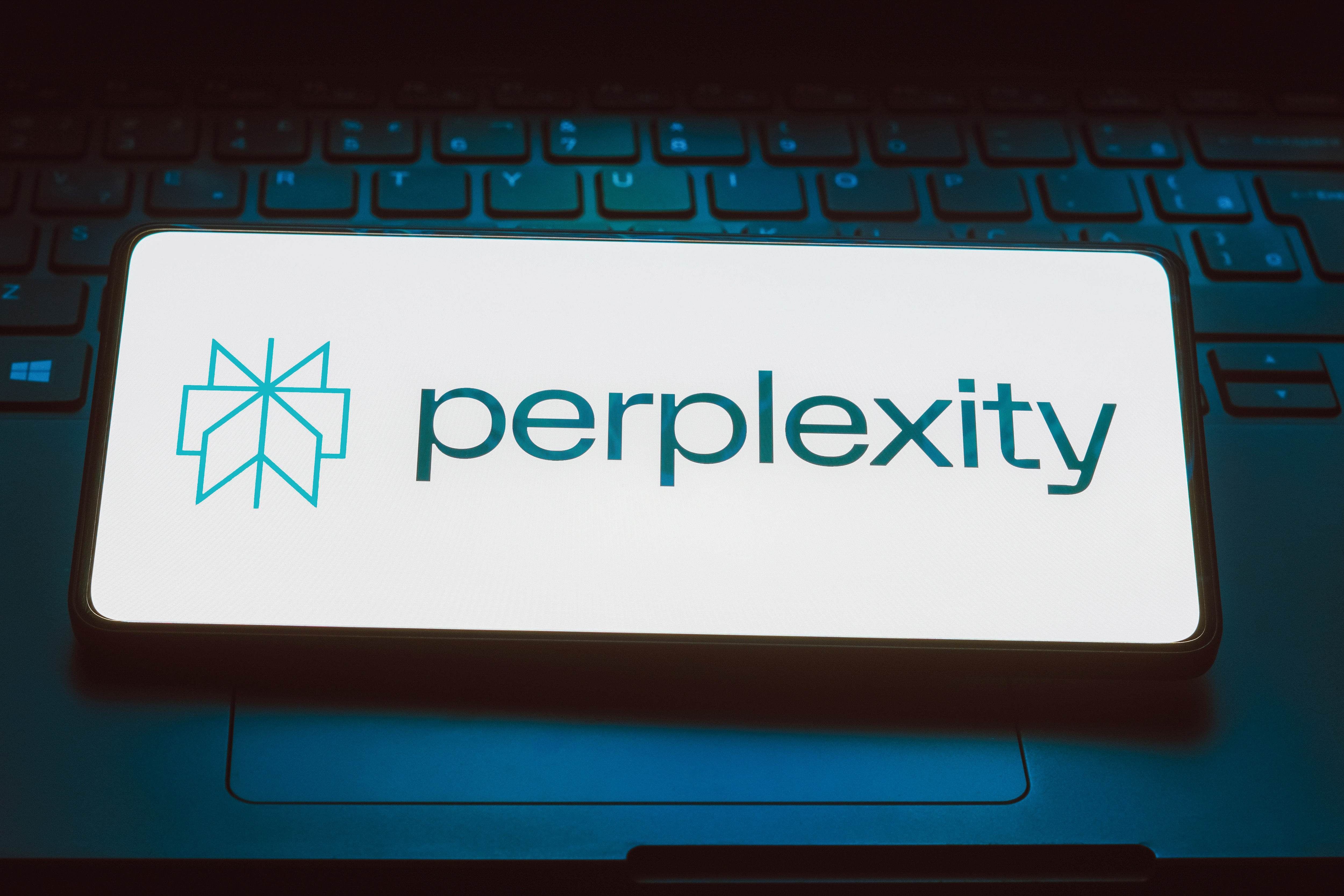
US startup Perplexity AI hopes to take on Google’s dominance in the search engine space following a $73.6 million investment round that saw industry heavyweights such as Nvidia and Databricks pledge their support.
Launched in August 2022, the firm is now valued at over $520 million in the wake of the funding round, which builds on a $25.6 million Series A in March 2023. The investment round was led by IVP with additional support from Databricks Ventures, Nvidia, and notably, Amazon founder Jeff Bezos.
In an announcement post, CEO and co-founder Aravind Srinivas shed light on the company’s core vision, which appears to be aimed at positioning itself as a leading stakeholder in what he described as a “new era of AI-native search”.
The firm’s platform provides users with a chatbot-style search experience that enables them to input natural language queries and receive detailed information on specific topics, similar to other chatbots such as ChatGPT.
It also has a ‘Copilot’ feature that allows users to ask follow-up questions and receive “more relevant and comprehensive answers” compared to other AI chatbots, the firm said.
“With Perplexity’s search tools, users get instant, reliable answers to any question with complete sources and citations included. There is no need to click on different links, compare answers, or endlessly dig for information,” Srinivas said.
“The times of sifting through SEO spam, sponsored links, and multiple web pages will be replaced by a much more efficient way to consume and share information, propelling our society into a new era of accelerated learning and research.”
Sign up today and you will receive a free copy of our Future Focus 2025 report - the leading guidance on AI, cybersecurity and other IT challenges as per 700+ senior executives
Perplexity’s search tool draws on a wide range of generative AI models, the company revealed, rather than through a single monolithic LLM akin to the style of Google or Bing’s AI-powered search functions.
Perplexity AI users can switch models as part of its paid ‘Pro’ plan, providing access to Google Gemini, Anthropic’s Claude model, and OpenAI’s GPT-4.
Can Perplexity AI seriously hope to take on Google?
Srinivas seems confident the company can capitalize on recent growth, mount a challenge against Google, and shake up the global search space.
Since its launch in August 2022, the company has grown to 10 million monthly active users and served over half a billion queries in 2023, he noted.
“More than a million people have installed our mobile apple, both on iOS and Android,” Srinivas added. “But our ambition is to serve the entire planet’s unbounded curiosity, and we’re just getting started.”
Putting so much as a dent in Google’s dominance in the search space will be a tough task, however. At present, the tech giant commands a 90% share of the industry, and it shows no signs of loosening its grip.
Microsoft’s Bing search engine holds a market share of just 3.38% despite major efforts in recent years to overturn Google’s stranglehold.
The advent of ChatGPT appeared to offer somewhat of a silver bullet for Microsoft during the dawning of the generative AI boom in early 2023.
RELATED RESOURCE

The enterprise’s guide for Generative AI
Ensure your business makes the most of the opportunities GenAI offers
DOWNLOAD NOW
In January, the tech giant unveiled plans to integrate ChatGPT within Bing Search in a bid to provide users with a more “conversational” experience that offered additional insight or deeper context compared to a traditional search engine.
CEO Satya Nadella spoke optimistically in February about the potential for an AI-powered Bing experience to ‘dethrone’ Google, but thus far it has failed to do so.
Google, meanwhile, hasn’t been idle in this space over the last year. The tech giant’s Bard model has also been integrated within its own search engine.

Ross Kelly is ITPro's News & Analysis Editor, responsible for leading the brand's news output and in-depth reporting on the latest stories from across the business technology landscape. Ross was previously a Staff Writer, during which time he developed a keen interest in cyber security, business leadership, and emerging technologies.
He graduated from Edinburgh Napier University in 2016 with a BA (Hons) in Journalism, and joined ITPro in 2022 after four years working in technology conference research.
For news pitches, you can contact Ross at ross.kelly@futurenet.com, or on Twitter and LinkedIn.
-
 If Satya Nadella wants us to take AI seriously, let’s forget about mass adoption and start with a return on investment for those already using it
If Satya Nadella wants us to take AI seriously, let’s forget about mass adoption and start with a return on investment for those already using itOpinion The Microsoft chief said there’s a risk public sentiment might sour unless adoption is distributed more evenly
-
 Satya Nadella says a 'telltale sign' of an AI bubble is if it only benefits tech companies – but the technology is now having a huge impact in a range of industries
Satya Nadella says a 'telltale sign' of an AI bubble is if it only benefits tech companies – but the technology is now having a huge impact in a range of industriesNews Microsoft CEO Satya Nadella appears confident that the AI market isn’t in the midst of a bubble, but warned widespread adoption outside of the technology industry will be key to calming concerns.
-
 DeepSeek rocked Silicon Valley in January 2025 – one year on it looks set to shake things up again with a powerful new model release
DeepSeek rocked Silicon Valley in January 2025 – one year on it looks set to shake things up again with a powerful new model releaseAnalysis The Chinese AI company sent Silicon Valley into meltdown last year and it could rock the boat again with an upcoming model
-
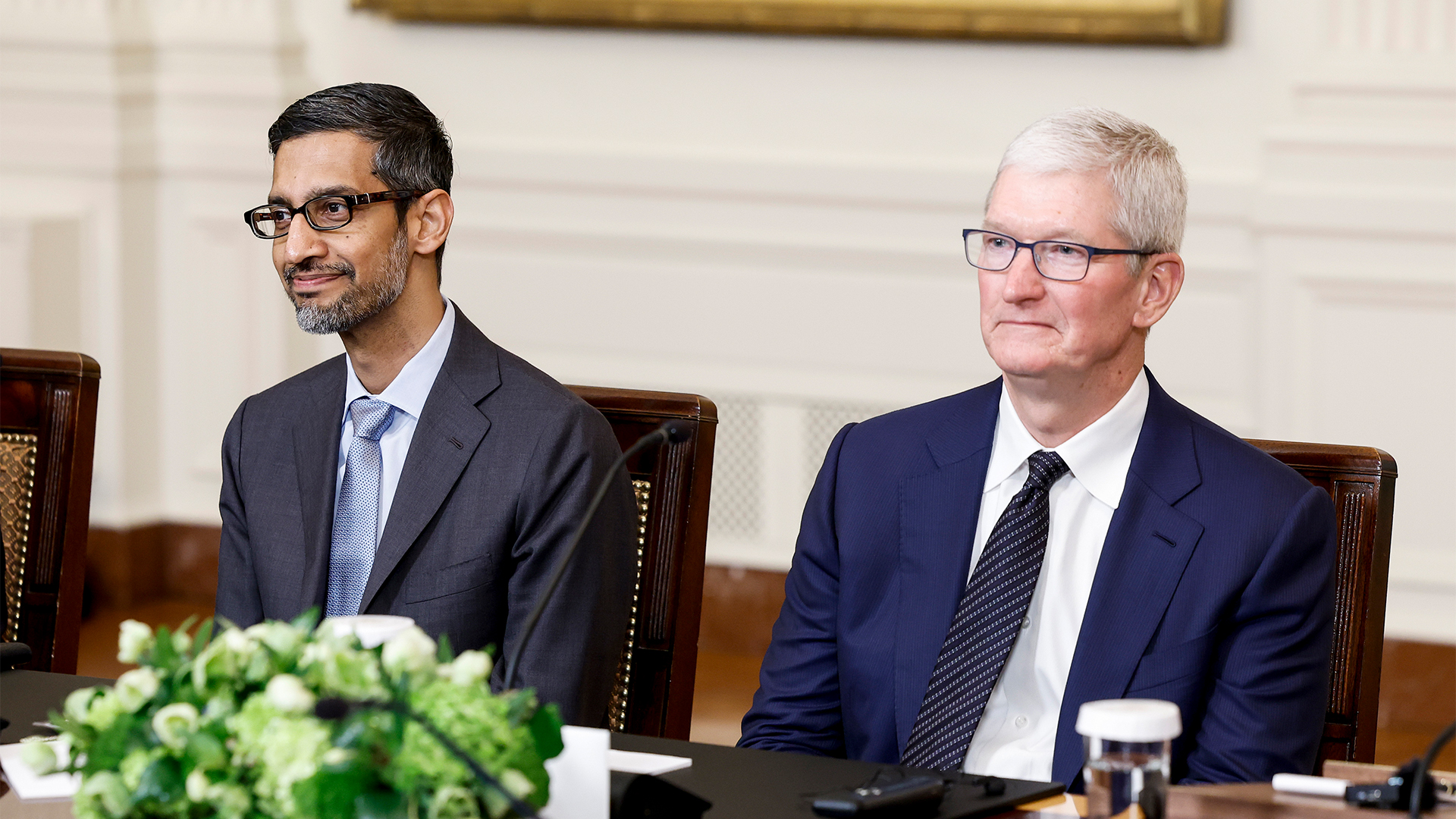 Google’s Apple deal is a major seal of approval for Gemini – and a sure sign it's beginning to pull ahead of OpenAI in the AI race
Google’s Apple deal is a major seal of approval for Gemini – and a sure sign it's beginning to pull ahead of OpenAI in the AI raceAnalysis Apple opting for Google's models to underpin Siri and Apple Intelligence is a major seal of approval for the tech giant's Gemini range – and a sure sign it's pulling ahead in the AI race.
-
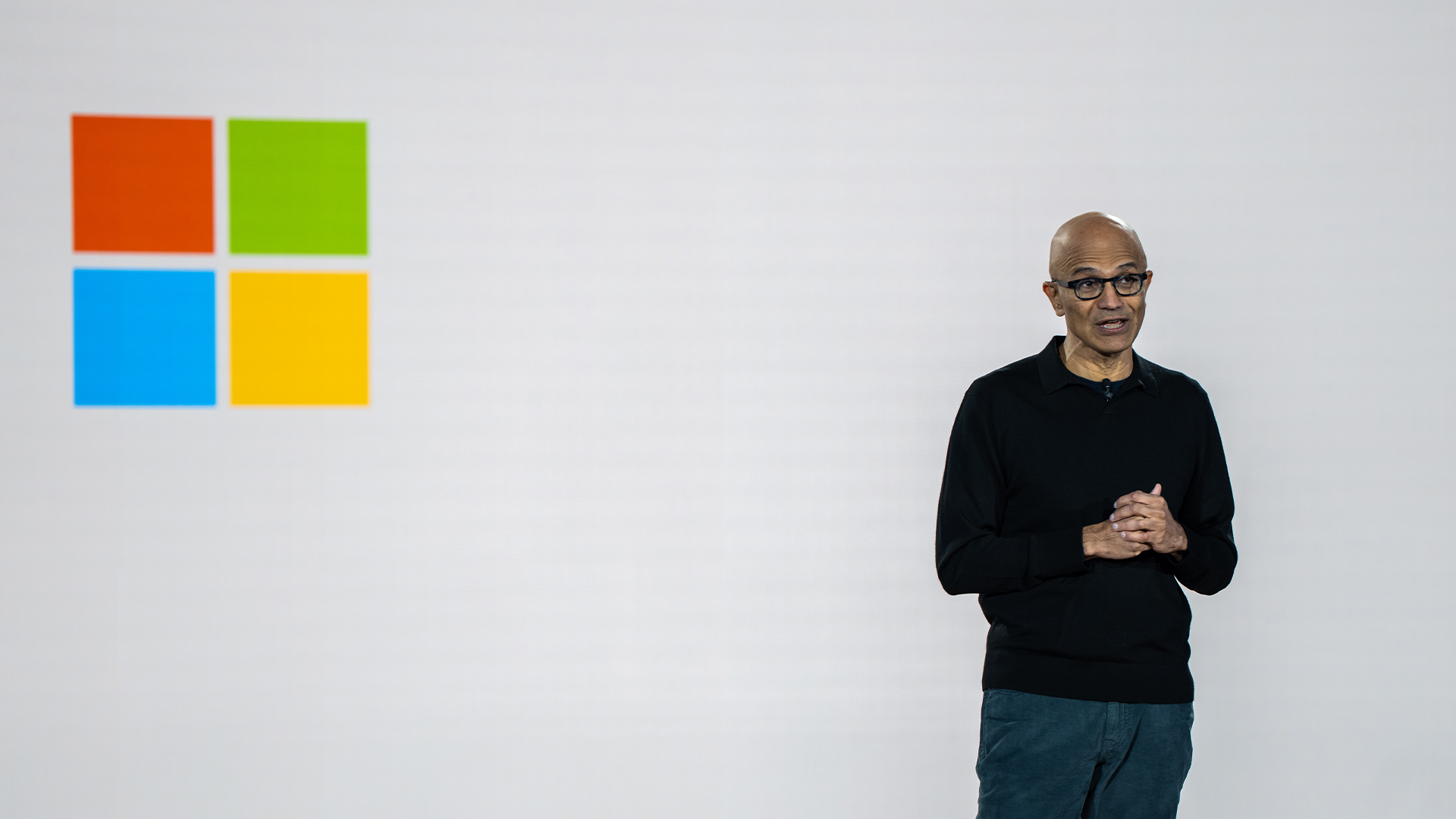 Microsoft CEO Satya Nadella wants an end to the term ‘AI slop’ and says 2026 will be a ‘pivotal year’ for the technology – but enterprises still need to iron out key lingering issues
Microsoft CEO Satya Nadella wants an end to the term ‘AI slop’ and says 2026 will be a ‘pivotal year’ for the technology – but enterprises still need to iron out key lingering issuesNews Microsoft CEO Satya Nadella might want the term "AI slop" shelved in 2026, but businesses will still be dealing with increasing output problems and poor returns.
-
 OpenAI says prompt injection attacks are a serious threat for AI browsers – and it’s a problem that’s ‘unlikely to ever be fully solved'
OpenAI says prompt injection attacks are a serious threat for AI browsers – and it’s a problem that’s ‘unlikely to ever be fully solved'News OpenAI details efforts to protect ChatGPT Atlas against prompt injection attacks
-
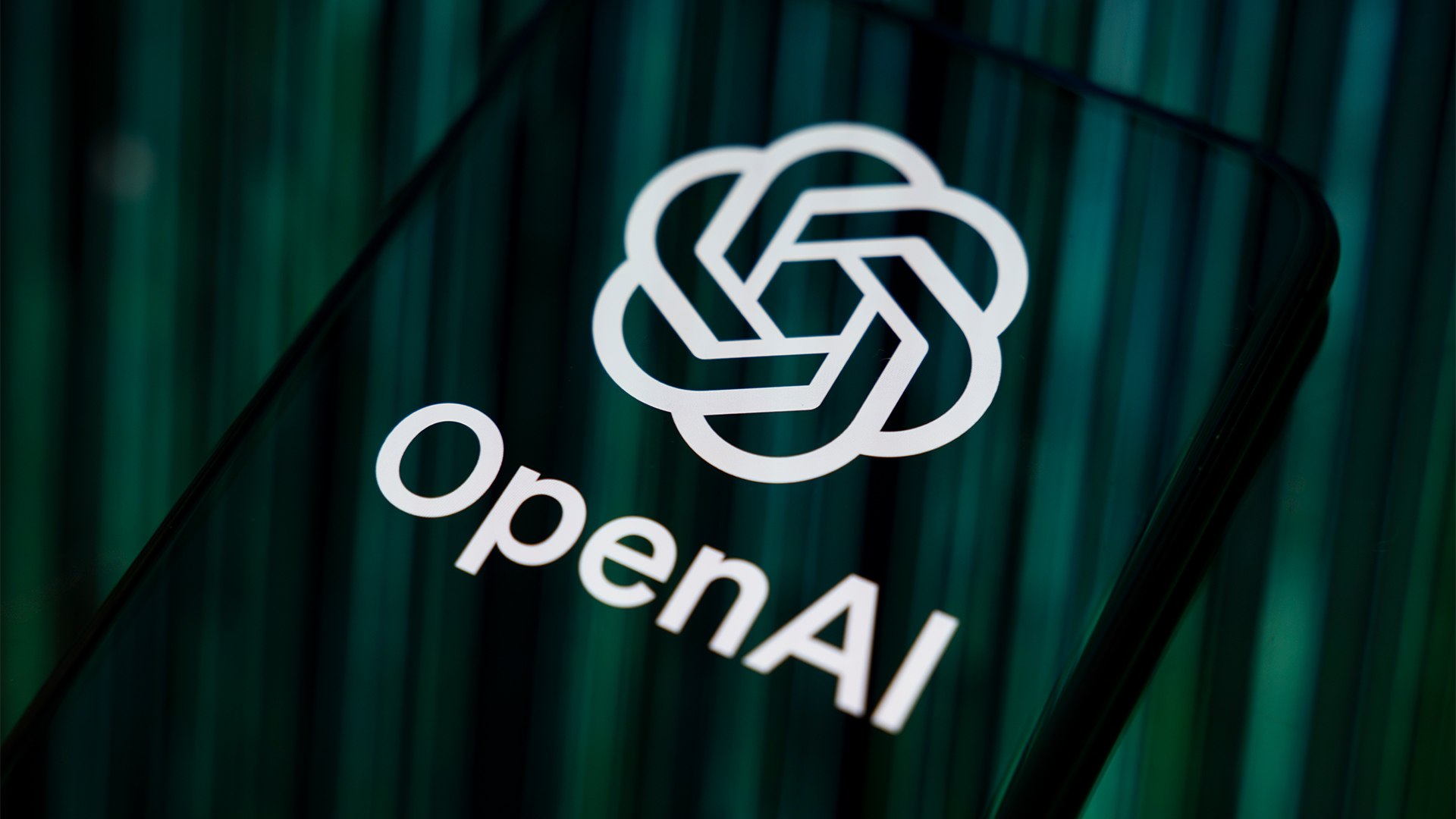 OpenAI says GPT-5.2-Codex is its ‘most advanced agentic coding model yet’ – here’s what developers and cyber teams can expect
OpenAI says GPT-5.2-Codex is its ‘most advanced agentic coding model yet’ – here’s what developers and cyber teams can expectNews GPT-5.2 Codex is available immediately for paid ChatGPT users and API access will be rolled out in “coming weeks”
-
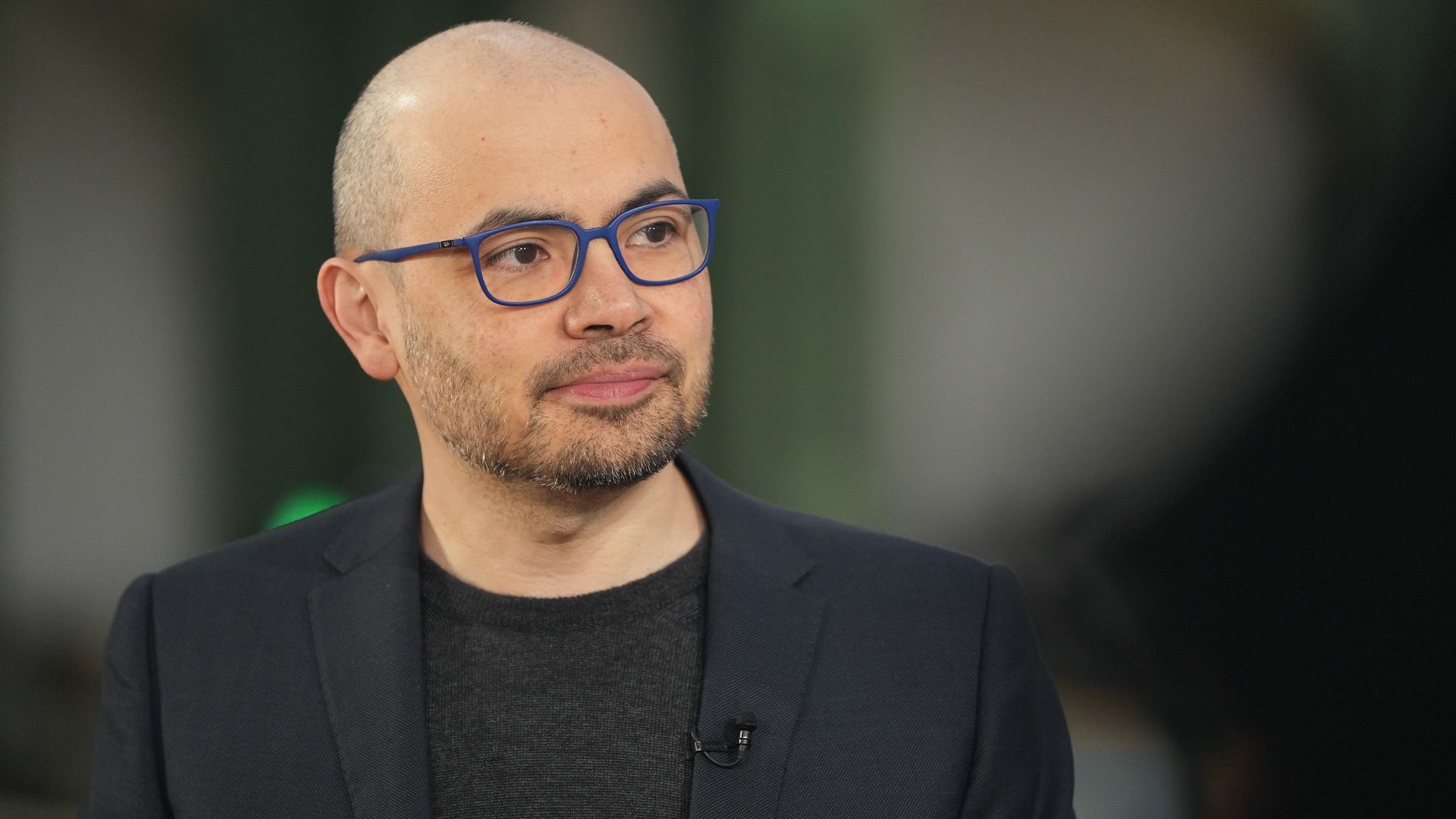 Google DeepMind CEO Demis Hassabis thinks startups are in the midst of an 'AI bubble'
Google DeepMind CEO Demis Hassabis thinks startups are in the midst of an 'AI bubble'News AI startups raising huge rounds fresh out the traps are a cause for concern, according to Hassabis

